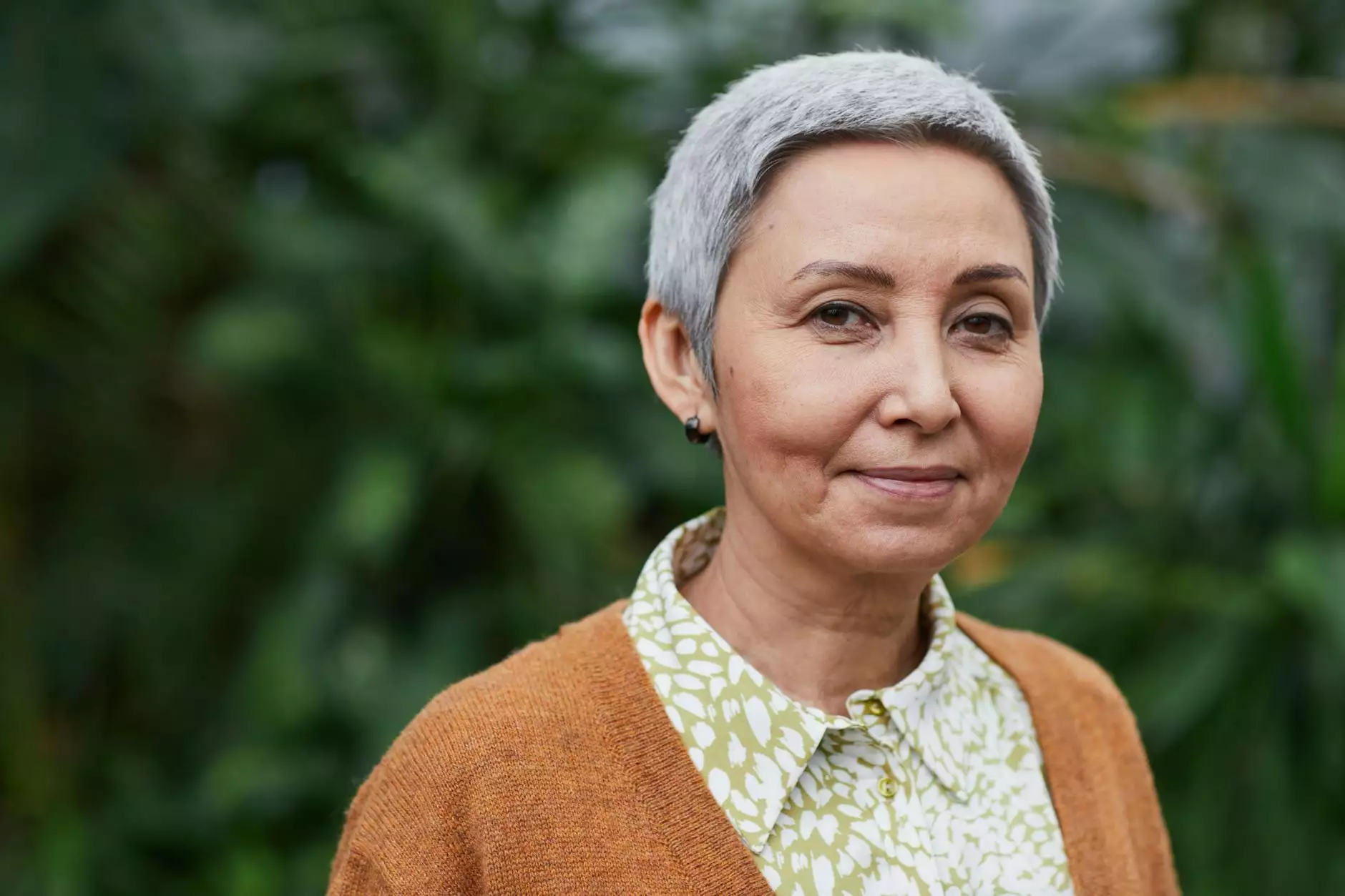Mara Kenger: Simulation is More Than Practicing Codes
Blog
Introduction
Welcome to Kimwell Nursing Home's blog, where we explore the transformative power of simulation in the field of geriatric and aging care. This article focuses on Mara Kenger, a dedicated healthcare professional, and her expertise in utilizing simulation techniques to enhance the skills of healthcare providers and improve patient outcomes.
The Importance of Simulation in Geriatric and Aging Care
Geriatric and aging care require a comprehensive understanding of the unique needs and challenges faced by elderly individuals. With the aging population on the rise, it is crucial for healthcare providers to be equipped with the necessary skills and knowledge to deliver high-quality care.
Simulation, as an educational tool, holds immense value in this field. It allows healthcare professionals to engage in realistic scenarios that mirror the complexities of caring for elderly patients. By simulating real-life situations, professionals can refine their skills, build critical thinking abilities, and develop effective strategies to support the aging population.
Mara Kenger: A Leader in the Integration of Simulation
Mara Kenger, a renowned expert in geriatric and aging care, has been at the forefront of incorporating simulation techniques into the training programs at Kimwell Nursing Home. With her extensive experience and dedication to improving the quality of care, she recognizes the significant impact simulation can have on healthcare outcomes.
As the Simulation Director at Kimwell Nursing Home, Mara diligently develops simulation scenarios tailored to the unique challenges faced by the elderly population. These scenarios encompass a range of situations, such as managing chronic conditions, addressing cognitive impairments, and promoting overall well-being.
Through her innovative approach, Mara has empowered healthcare professionals at Kimwell Nursing Home to enhance their clinical skills, build compassion, and effectively address the diverse needs of elderly patients. By incorporating simulation, Mara ensures that every provider is equipped with the expertise required to deliver exceptional care.
Simulation Techniques Utilized at Kimwell Nursing Home
At Kimwell Nursing Home, Mara and her team employ a variety of simulation techniques to create an immersive learning experience for healthcare providers. These techniques include:
- High-Fidelity Simulation: This advanced technology simulates realistic patient scenarios, allowing providers to practice their clinical skills in a controlled environment. High-fidelity manikins accurately replicate vital signs, responses, and challenges encountered when caring for elderly patients.
- Standardized Patients: Trained actors assume the role of elderly patients, enabling healthcare providers to interact and practice communication skills essential in geriatric care. Through these encounters, providers learn effective techniques for establishing rapport and addressing the unique needs of older adults.
- Virtual Reality Modules: Virtual reality programs provide healthcare providers with virtual environments that simulate common challenges faced in geriatric care settings. These modules allow for hands-on practice in a safe and controlled space, promoting competence and confidence.
The Benefits of Simulation in Geriatric Care
The integration of simulation into geriatric and aging care training programs brings forth numerous benefits for both healthcare providers and elderly patients. Some key advantages include:
- Enhanced Critical Thinking: Simulation challenges healthcare providers to think critically, make informed decisions, and prioritize care based on the unique needs of each elderly patient. By engaging in realistic scenarios, providers develop the ability to adapt to complex situations and deliver appropriate interventions.
- Improved Safety: Through simulation, healthcare providers can practice safe techniques and procedures without putting actual patients at risk. This allows for the mastery of necessary skills and minimizes potential errors, leading to enhanced patient safety and well-being.
- Effective Team Collaboration: Simulation scenarios provide an opportunity for interdisciplinary healthcare teams to work together, fostering effective communication, collaboration, and the development of a patient-centric approach. This interprofessional teamwork ensures comprehensive care and better health outcomes.
- Optimized Patient Outcomes: By honing their skills through simulation, healthcare providers can deliver higher quality care to elderly patients. Simulation enables providers to identify and address the specific challenges faced by this population, resulting in improved overall outcomes and patient satisfaction.
Conclusion
Simulation, as employed by Mara Kenger at Kimwell Nursing Home, revolutionizes geriatric and aging care. Through the integration of simulation techniques, healthcare providers can enhance their abilities, refine critical thinking skills, and deliver exceptional care to elderly patients.
By offering a simulated environment that mirrors real-life scenarios, Kimwell Nursing Home ensures that every provider is prepared to face the challenges and complexities of geriatric care. The dedication of professionals like Mara Kenger paves the way for a future where top-quality care is the standard in geriatric and aging care settings.




